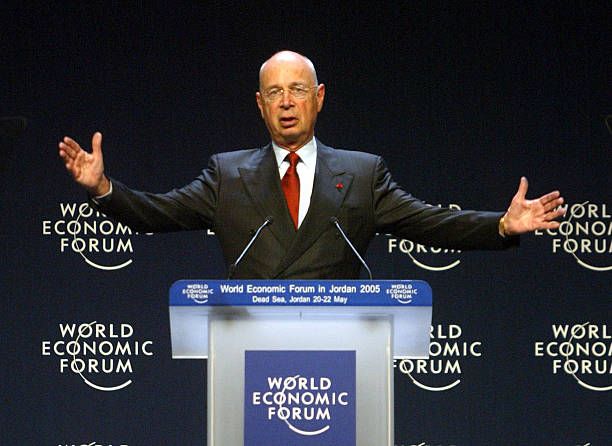Pete Hegseth’s Ties to Controversial Christian Reconstructionist Movement Under Scrutiny Amid Allegations
Pete Hegseth, Trump's Defense Secretary nominee, faces allegations and scrutiny over ties to the controversial Christian Reconstructionist movement advocating biblical law governance.
.jpg) TULSA, OKLAHOMA, UNITED STATES
02.01.2017
Photo by Tech. Sgt. Drew Egnoske
138th Fighter Wing
TULSA, OKLAHOMA, UNITED STATES
02.01.2017
Photo by Tech. Sgt. Drew Egnoske
138th Fighter WingPete Hegseth, Donald Trump’s nominee for Secretary of Defense, is facing serious allegations as he prepares for Senate confirmation hearings in January 2025. Accusations against Hegseth include mismanagement, heavy drinking, infidelity, sexual harassment, and even rape. While Hegseth denies these claims, he has asserted that he is a “changed man” because of his faith in Jesus Christ.
Hegseth’s religious affiliations are drawing attention as well. In 2023, he moved from New Jersey to Tennessee to join a community tied to the Christian Reconstruction movement. This movement, rooted in mid-20th century theology, advocates for a society governed by biblical law, with significant implications for family roles, education, and the relationship between religion and politics.
Christian Reconstructionism emerged in the late 1950s, led by theologian R.J. Rushdoony. The movement aims to reconstruct society according to biblical principles, including the dismantling of public education in favor of Christian schooling. Its proponents believe that Old Testament laws should govern modern society, applying to Christians and non-Christians alike. While only a small number of people are formally tied to the movement, its influence has extended into broader Christian conservative circles. The movement has shaped generations of Christians through its schools, which teach curricula rooted in a biblical worldview.
In the 1970s, Doug Wilson, a Christian school founder in Moscow, Idaho, expanded on these ideas, creating a network of schools, a church, a college, a publishing house, and a seminary. Wilson’s influence has been linked to the Christian Reconstructionist movement, though he denies being directly associated with it. Despite this, his goals and methods align with the movement’s principles, including the promotion of a patriarchal family structure and opposition to public education. Wilson’s institutions include the Communion of Reformed Evangelicals (CREC) and the Association of Classical Christian Schools (ACCS). These organizations train and deploy individuals to establish churches and schools aligned with their worldview. Critics have accused Wilson of propagating controversial views, including those expressed in his 1996 book, *Southern Slavery: As it Was*, which defends pre-Civil War arguments for slavery. He has also been implicated in allegations of abuse, including sexual misconduct and abuses of power.
Hegseth and his family are members of Pilgrim Hill Reformed Fellowship, a Tennessee church affiliated with Wilson’s CREC. The church’s membership requirements include theological vetting by elders and a commitment to follow church leadership. Members are expected to resolve disputes through internal church courts, further isolating the community from external legal systems. Hegseth has not spoken directly about Christian Reconstructionism but has echoed its ideas in public statements. On a right-wing podcast, he described “classical Christian schools” as “boot camps” for an “educational insurgency,” suggesting that such institutions are part of a larger strategy to transform society according to biblical principles. Although he later dismissed violent implications as metaphorical, his comments align with the movement’s aim to replace secular education with Christian indoctrination.
Hegseth’s ties to this movement are likely to raise questions during his Senate confirmation hearings. However, addressing these connections may be complicated by U.S. norms that discourage scrutinizing religious beliefs in public life. The U.S. Constitution explicitly forbids a religious test for officeholders, and discussions of religion are often avoided in civic and social contexts. Christian Reconstructionists reject the separation of church and state, viewing all aspects of life as subject to biblical authority. This approach could become a focal point in debates over Hegseth’s suitability for leading the Department of Defense, particularly as his religious affiliations intersect with concerns about his personal conduct and leadership style.
As the confirmation process approaches, both Hegseth’s personal history and his connections to a movement advocating for a theocratic society will likely remain at the center of public and political scrutiny.







Conversation